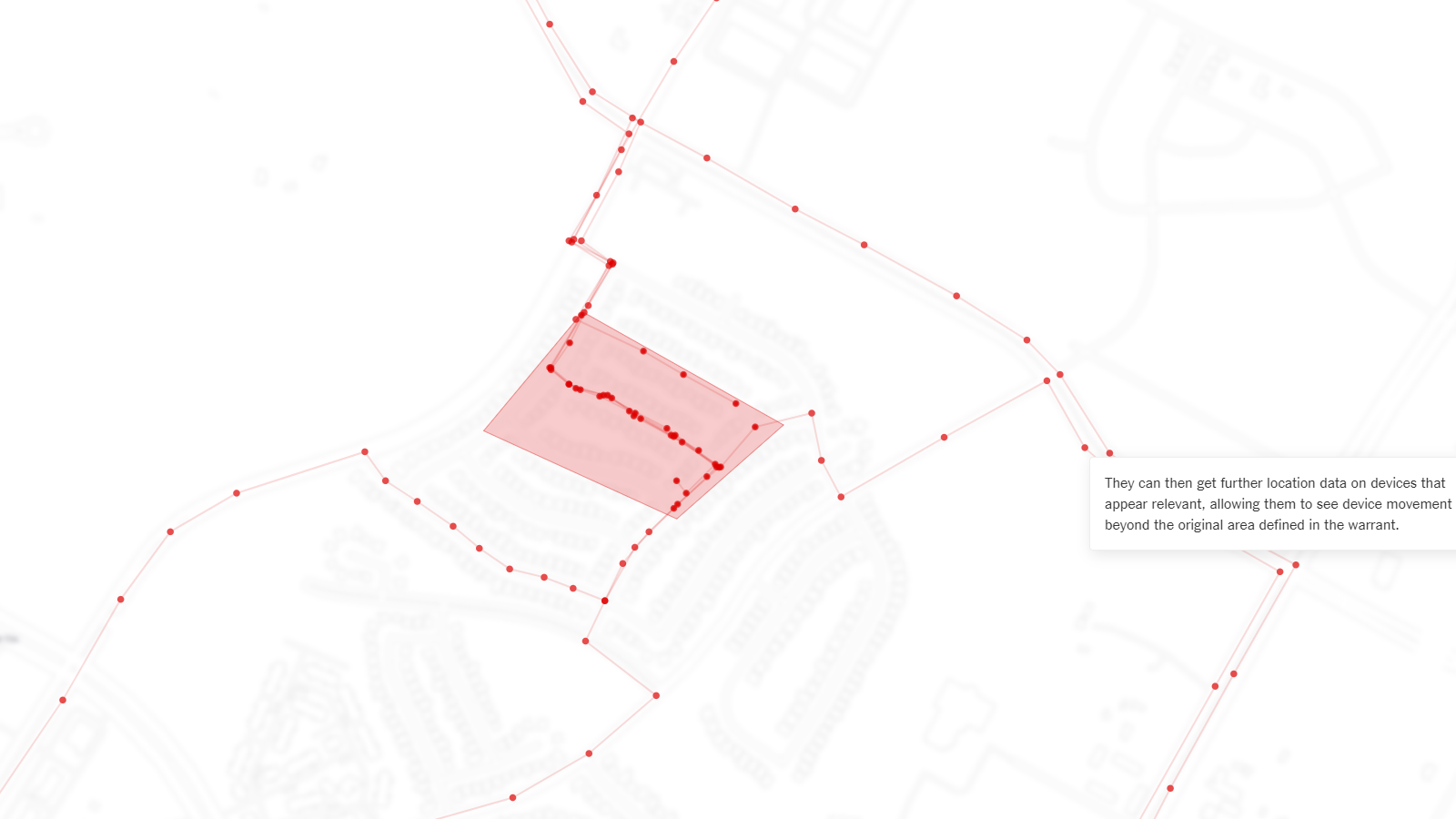
Google Shares Key User Location Data with the Police Through ‘SensorVault’
- The police and the FBI are treating Google’s “SensorVault” as the next-gen DNA evidence.
- The authorities are issuing extensive geo-fence warrants, calling multiple people in for investigation.
- This bulk practice often causes damage to the lives of innocent people who have no connection to the crimes.
The New York Times dived into the legal and social implications that arise from the police authorities abusing Google’s “SensorVault” with multiple warrants, and the situation looks to have already gotten out of hand. SensorVault is Google’s location tracking database which is populated by inputs coming from the company’s various products and services. Google has developed and maintained this database to collect precious data for ad-targeting purposes, something that positioned them first in a $20 billion market in 2018. No matter whether you choose to opt-out of it, Google is still collecting your GPS data, cellphone tower communication, Bluetooth beacon information, and nearby Wi-Fi networks data. Users cannot stop this, and there’s no way to delete it from “SensorVault”, so it stays there indefinitely.
With this galore of data in place, the police investigators are increasingly choosing to issue geo-fence warrants and ask Google to give them the identity of the people who were in areas of high investigational interest. For example, murders without witnesses combined with poor video surveillance quality leaves investigators with no other options than tapping into Google’s “SensorVault”. In the past, these cases would remain unsolved, but with Google, the police can have another go at it. Sounds like something positive coming out of Google’s negative location tracking right? Well, not always.
Image Source: nytimes.com
There have already been multiple cases of people having their privacy violated, being called for investigations and getting detained for days before being released. This has resulted in social stigmatization, and in many cases, people losing their jobs for no reason at all. As the situation stands right now, Google has no other option than to comply to the court order that approves the police’s warrant, so it’s not just anonymous data that is handed over, but everything they have really.
Brian McClendon, the leading developer of Google Maps until 2015 has stated that in the beginning, they thought that the police would issue highly targeted warrants. Instead, they followed a “fishing expedition” approach, starting with a large number of anonymous ID codes, analyzing their movement patterns, and then managing to narrow down the field to a few devices that may belong to suspects or even witnesses. Having done this, Google is then unveiling their names, email addresses, and all other data they have about the device.
This process cannot possibly be absolutely accurate, so unrelated people who are called over to the police station, and even arrested for more in-depth investigation are always present in the process. As the practice gets more popular, more people are finding themselves surprised to be called to their local police station for a word or even get arrested immediately.
What do you think about the practice of taking advantage of “SensorVault” data by the FBI and the police, and does it make you feel safer from danger or more in risk of being wrongfully stigmatized? Let us know where you stand in the comments section below, and don’t forget to like and subscribe on our socials as well, on Facebook and Twitter.









